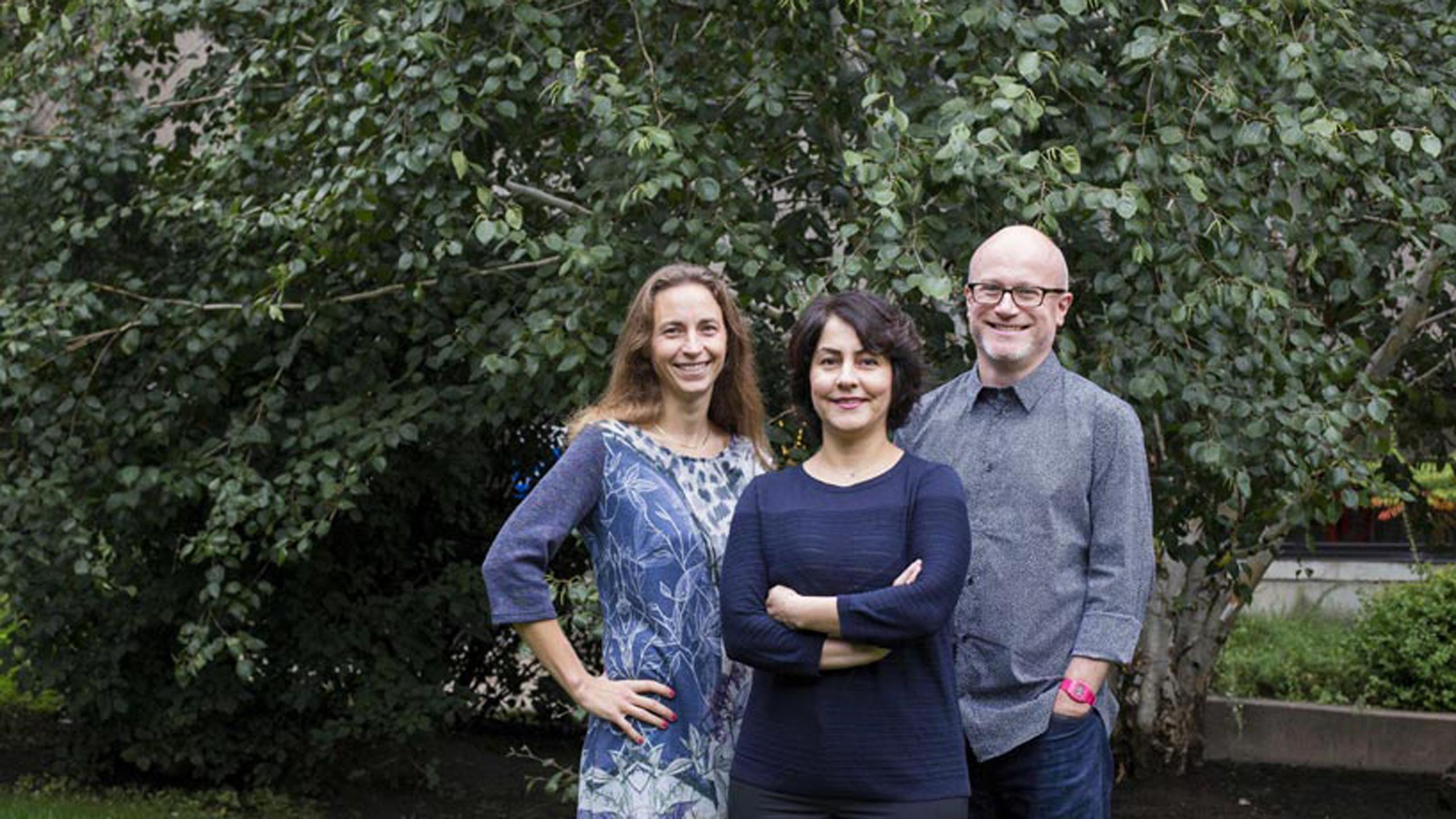By Naama Weingarten
A female associate professor of industrial engineering at Ryerson has been named a Canada Research Chair.
Sharareh Taghipour has been teaching at Ryerson’s department of mechanical and industrial engineering since August 2012. Her research includes how to optimize the operation and management of any device, ranging from a cell phone to a full-sized truck.
With a PhD and masters degree in industrial engineering, Taghipour was named a Tier 2 Canada Research Chair in physical asset management, a designation given to emerging scholars in their field.
Taghipour “could be a role model to attract more female students to the program,” Ryerson president, and former Canada Research Chair, Mohamed Lachemi said.
In an interview with The Eyeopener, Lachemi noted the importance of having a female research chair in the department of mechanical and industrial engineering.
From 2017 to 2018, there were a total of 104 female students enrolled in the mechanical engineering undergraduate degree, according to Ryerson’s website. There were 782 male students; more than seven times the amount of females.
Taghipour’s work has been put into advancing mechanics in industries such as transportation and manufacturing, to produce fewer greenhouse gases and increase energy efficiency.
With her new title as a Canada Research Chair, Taghipour said she will receive added funding, resources and support from Ryerson. She said this will significantly help to develop both current and future research.
“A role model to attract more female students to the program”
Professor Ali Mazalek of the RTA school of media, also had her title as a Canada Research Chair in digital media and innovation renewed in November.
According to the Canada Research Chairs program, whose mission is to advance Canada’s research and academic development, approximately $265 million is invested yearly into keeping and attracting new world-class researches to do their work in Canadian post-secondary institutions.
According to the Canada Research Chairs website, to become a Chair there is a re-allocation process that happens every two years. It’s based on the research grant funding researchers received from agencies in the three years prior to the year of the allocation.
“It was a lengthy process,”said Taghipour. “But, at the end of the day, we got it, and that’s the wonderful thing.”
Taghipour was selected for the program this past November alongside David Gauntlett, a Ryerson professor in the creative industries program.
“[The chair position] comes with the people and space to build a team and do interesting things together; which would have been harder to coordinate before,” said Gauntlett.
Gauntlett has been named a Tier 1 Canada Research Chair in Creative Innovation and Learning. According to the government of Canada website, a Tier 1 Chair is a full professor or associate professor who is expected to be promoted to the full professor level within two years.
The Ryerson professor researches creativity and creates platforms such as online resources, videos, workshop methods and playthings for people to express their creativity with others. “So, that can be online things or offline things and things that bridge the two. It’s about unlocking the power and potential of creativity in everybody,” he said.
“Don’t get a PhD for the sake of having a PhD”
After teaching and researching at the Westminster School of Media, Arts and Design at the University of Westminster in England, Gauntlett became a professor at Ryerson in January 2018.
“Brexit would drive any sensible person away from the UK,” Gauntlett said in an email.
Gauntlett has worked with some of the world’s leading creative organizations such as BBC and LEGO. He is also the author of several books such as Making is Connecting to help people discover and express their own creativity—whether or not they believe it’s there.
“It’s nice to have that recognition and hopefully it’ll help me do more interesting, exciting things in the future,” Gauntlett said.
Both Gauntlett and Taghipour have spent their professional lives researching different topics, but they both have one thing in common: neither of them ever believed they would get this far.
Rather than fully accrediting their title as Canada Research Chairs to their academic degrees, both professors credit their motivation to a love for what they do, and advise students to do the same
“Don’t get a PhD for the sake of having a PhD,” said Taghipour. She advises students to advance their education when they have a passion and desire to put in the work.
“Take opportunities, say “yes” to things, try out different things until you find what you love,” said Gauntlett. “When you find the thing that you love just keep doing that even if people seem to want you to do something else.”













Leave a Reply